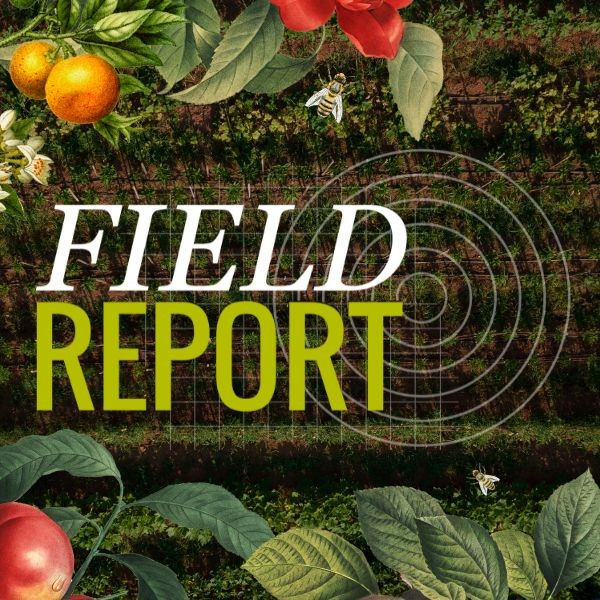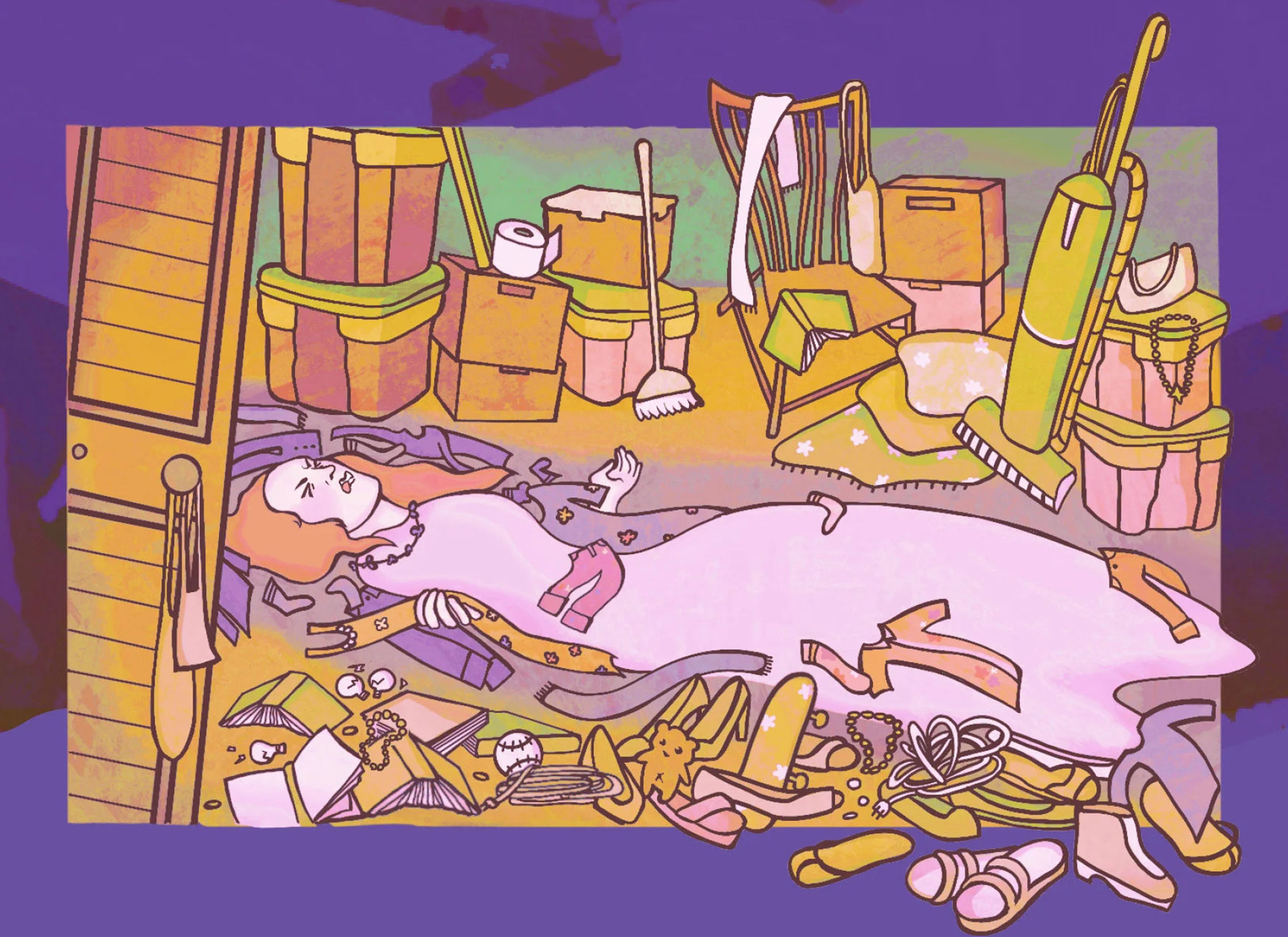We support Georgia's No. 1 industry through our world-renowned research, instruction and Extension.
The world's first regenerative bioscience major
In this groundbreaking program, undergraduate and doctoral students collaborate with award-winning scientists to pioneer innovative methods for replacing, repairing and regenerating cells, tissues and organs in humans and animals.
Research at CAES
From developing next-generation agricultural technologies via the Insitute for Integrative Precision Agriculture to groundbreaking stem cell therapies in the Regenerative Bioscience Center, CAES is shaping the future of agricultural and environmental sciences.
No. 1 for hospitality and tourism management
Niche.com has ranked the University of Georgia as the No. 1 public university in the United States for hospitality and tourism management. Learn more about our rapidly-growing hospitality and food industry management (HFIM) program at the link below.
Global impact
CAES is a leader in global agricultural innovation. Our Office of International Programs opens doors for international research, expands global partnerships and provides students with both educational and research opportunities throughout the world.
Student life at CAES
No matter the program, we have unique learning opportunities inside and outside the classroom for our students. CAES offers world-class immersive learning experiences, including internships, research opportunities and study abroad programs. See where CAES can take you and discover how you can unlock your true potential at UGA.

CAES in the news
Stories from CAES






IMPACT
By the Numbers
$91.4 billion in output from agriculture contributed to Georgia's $1.4 trillion economy (Georgia Ag Impact Report)
Visit the Georgia Ag Impact Report
$899.3 million generated in statewide economic impact in 2024.
Learn more about the research CAES is doing to feed and fuel the world
Agricultural research is foundational in the land-grant university mission – education for everyone, research for scientifically-based decisions and extension outreach to help ensure best practices are being used. (Statistics CAES Impact Statements)
The Research and Education Centers (RECs) play a central role in this mission by providing faculty and students with the opportunity to conduct experiments across a wide range of environments and production systems. CAES has eight off-campus REC facilities located throughout the state.
This research network is vital to Georgia agriculture and collectively allows faculty and students to address local production concerns as well as to answer more fundamental research questions and further the development of new technologies related to agriculture and natural resources.









